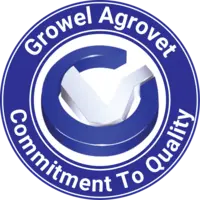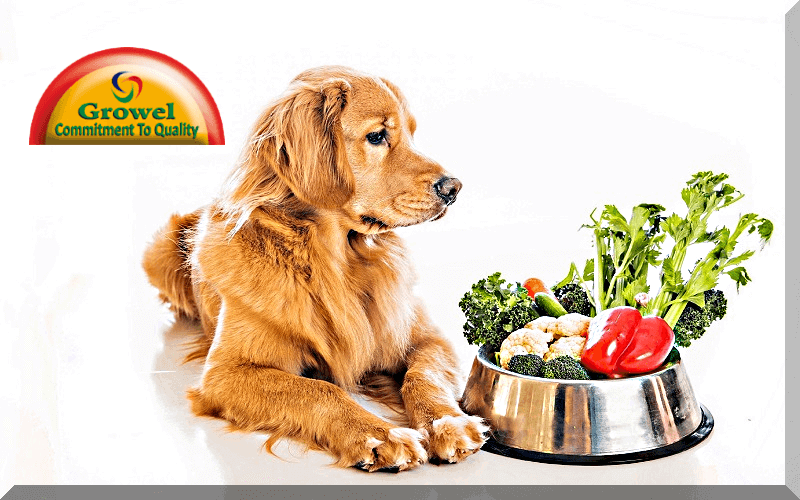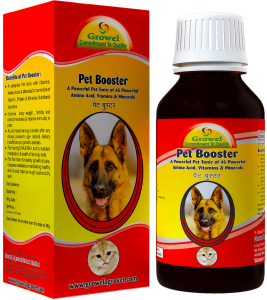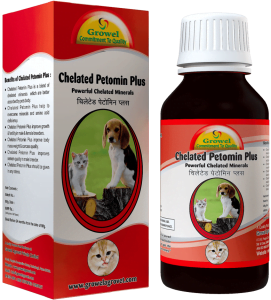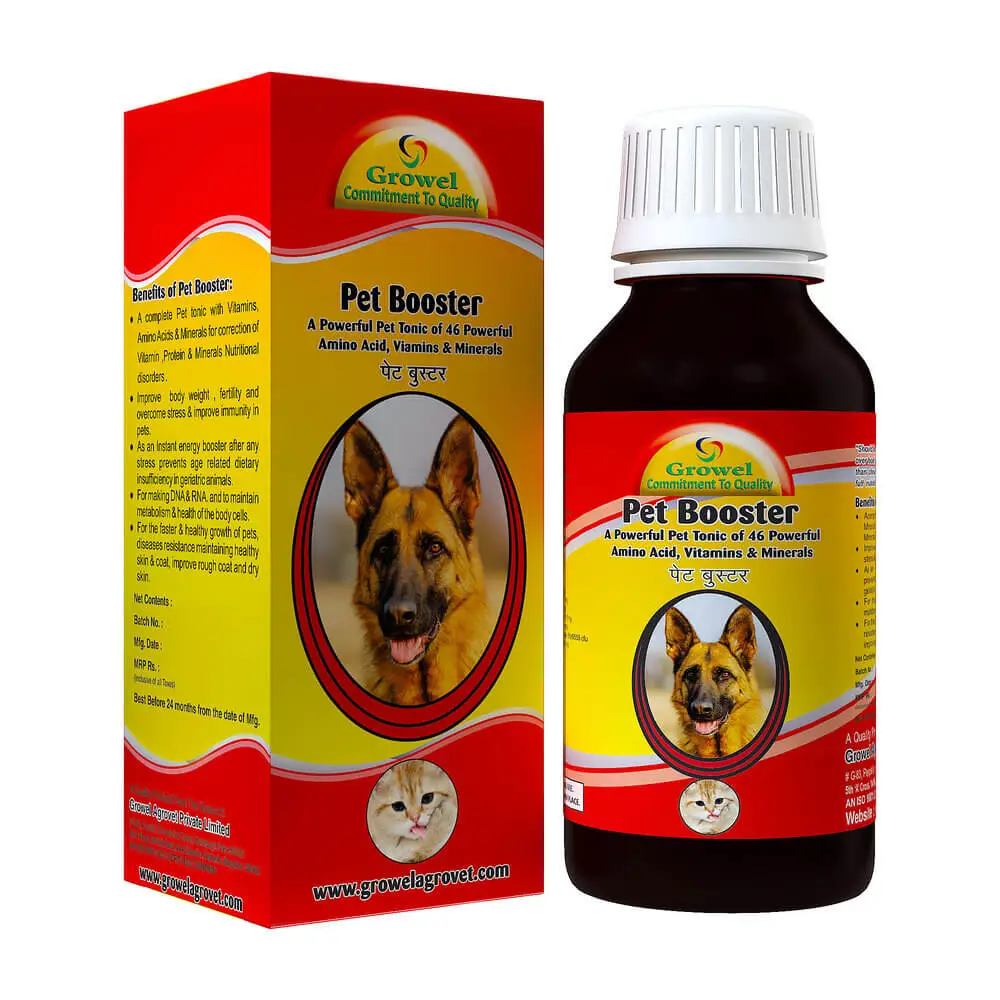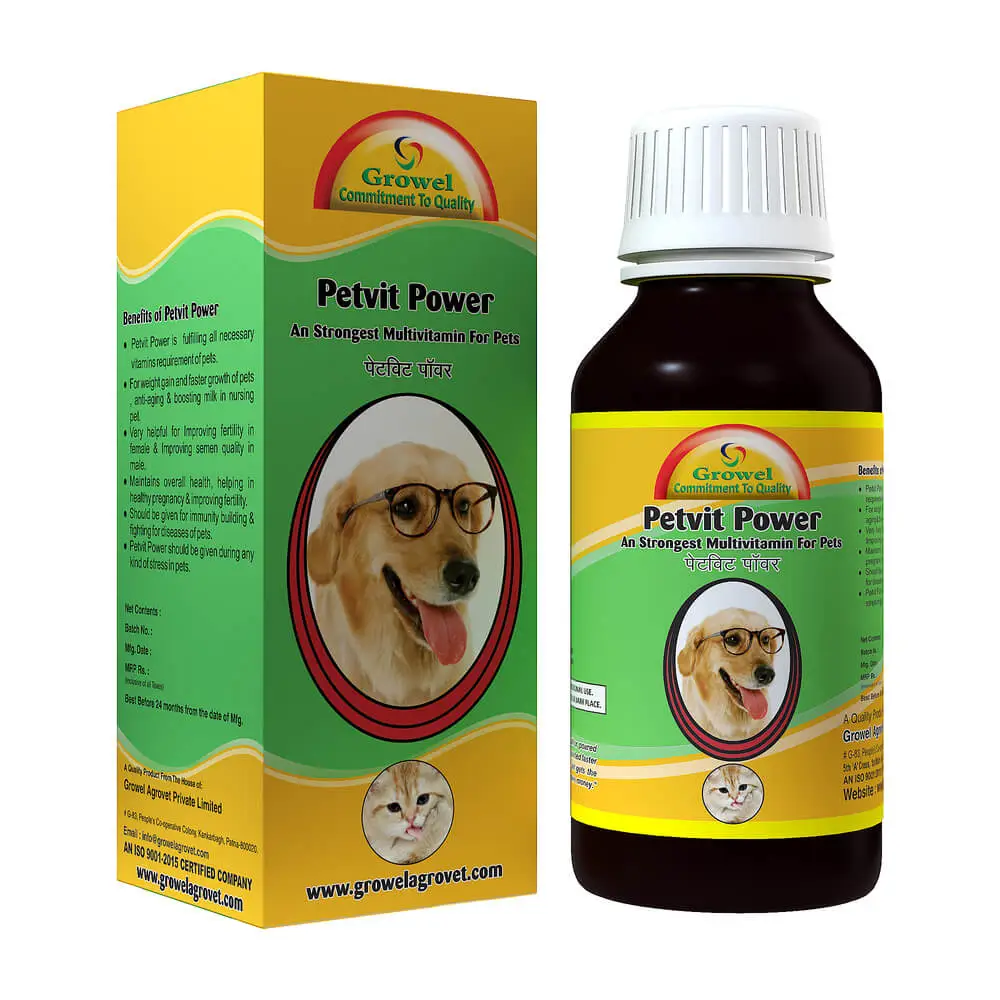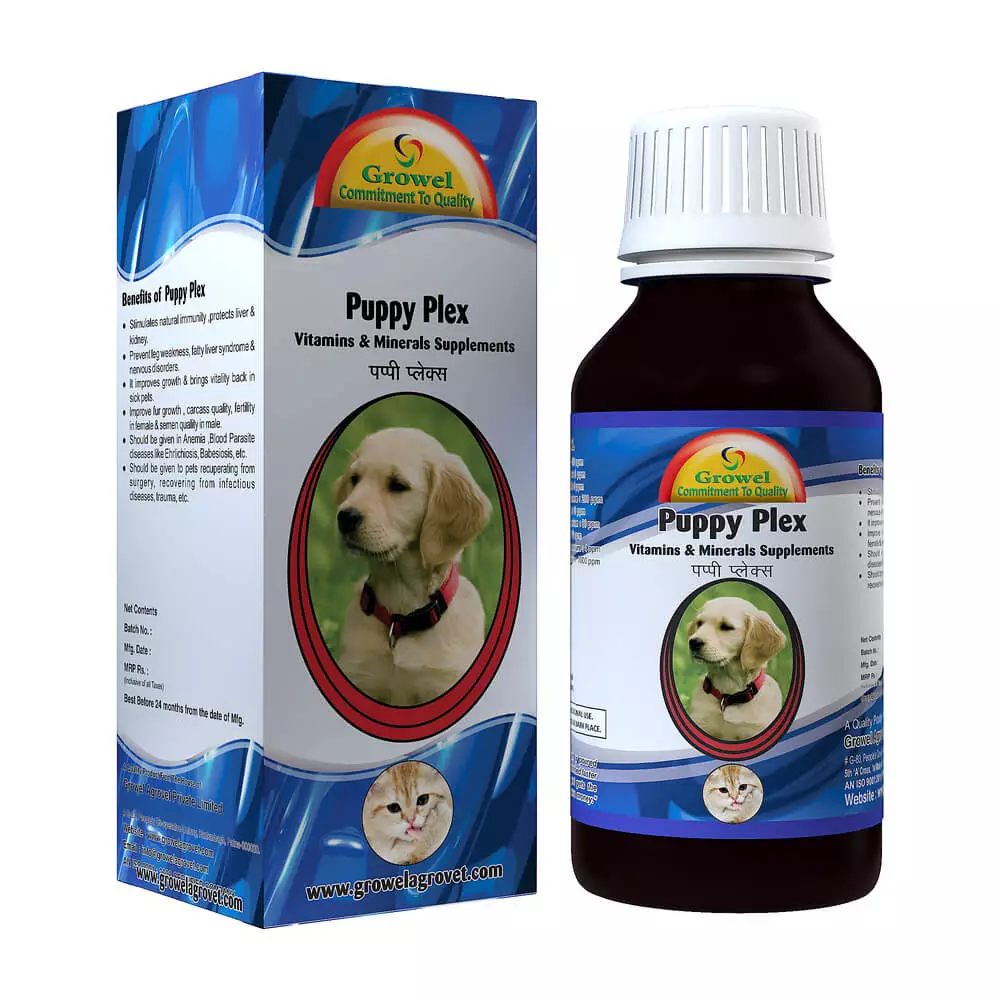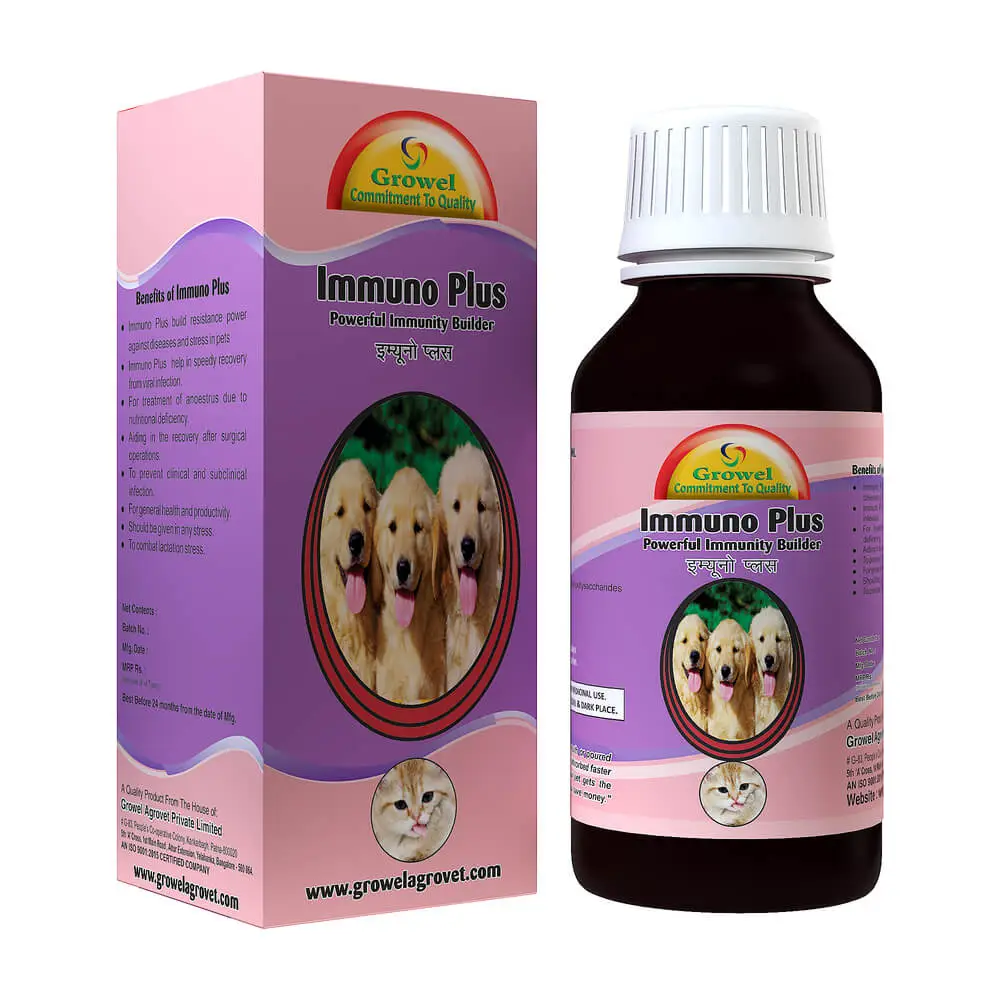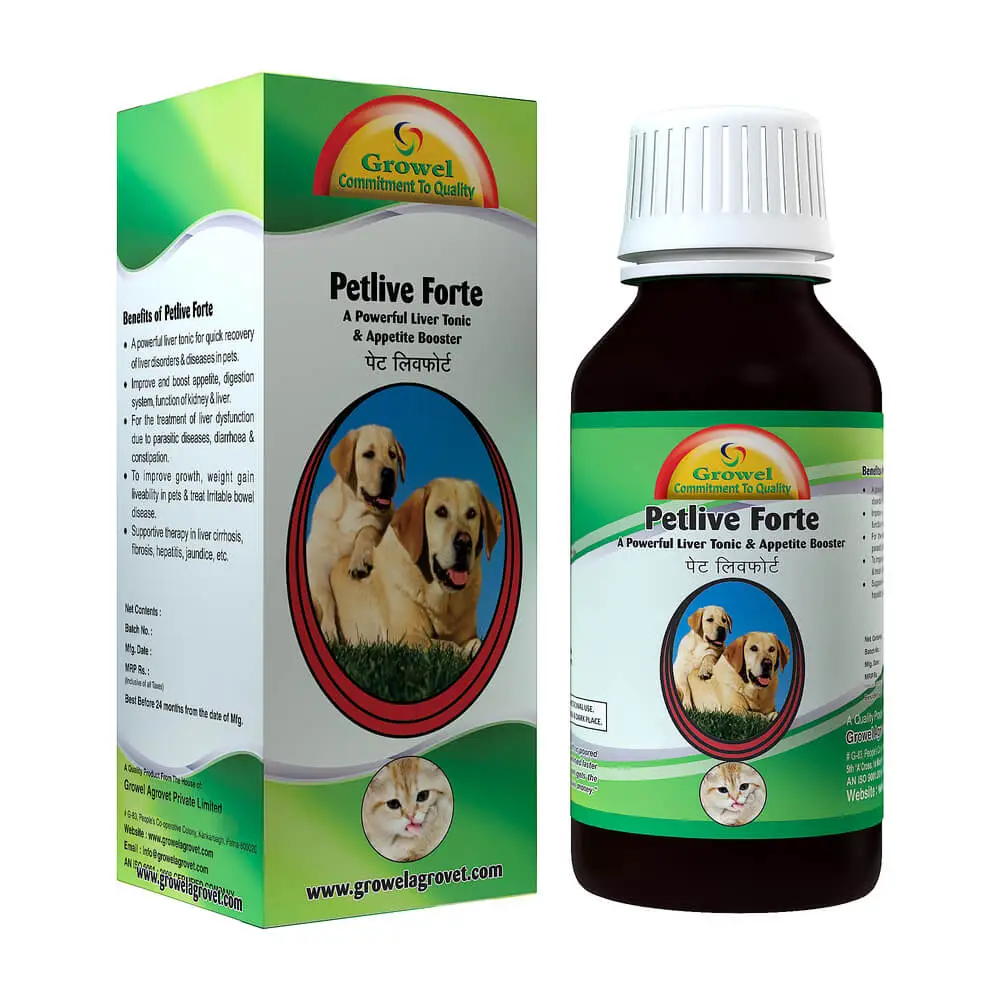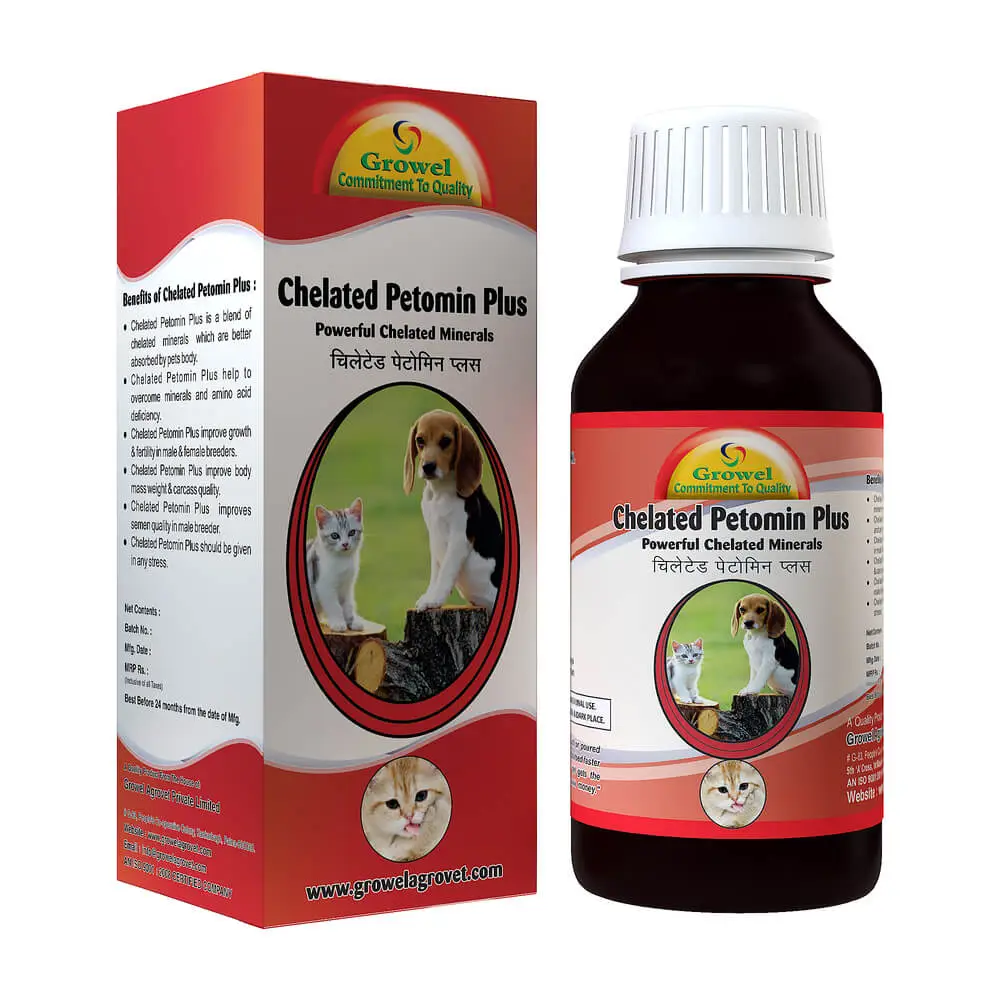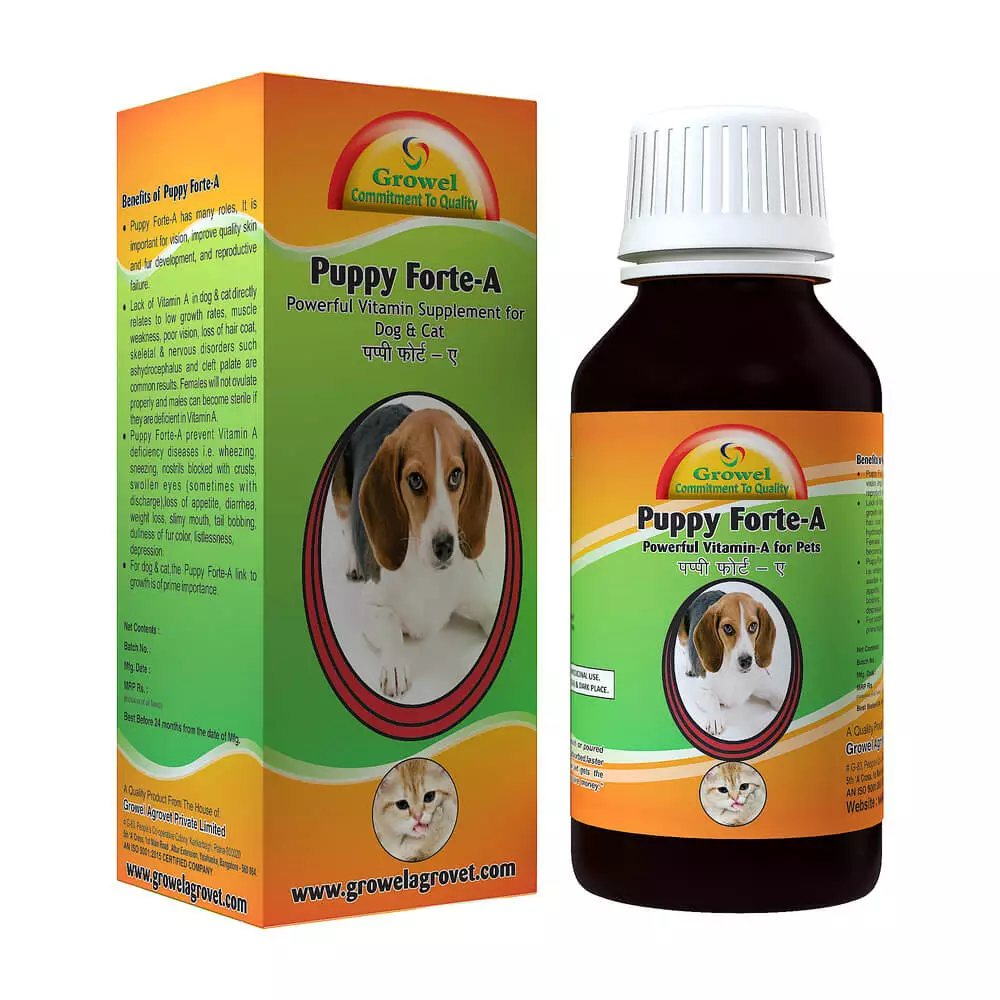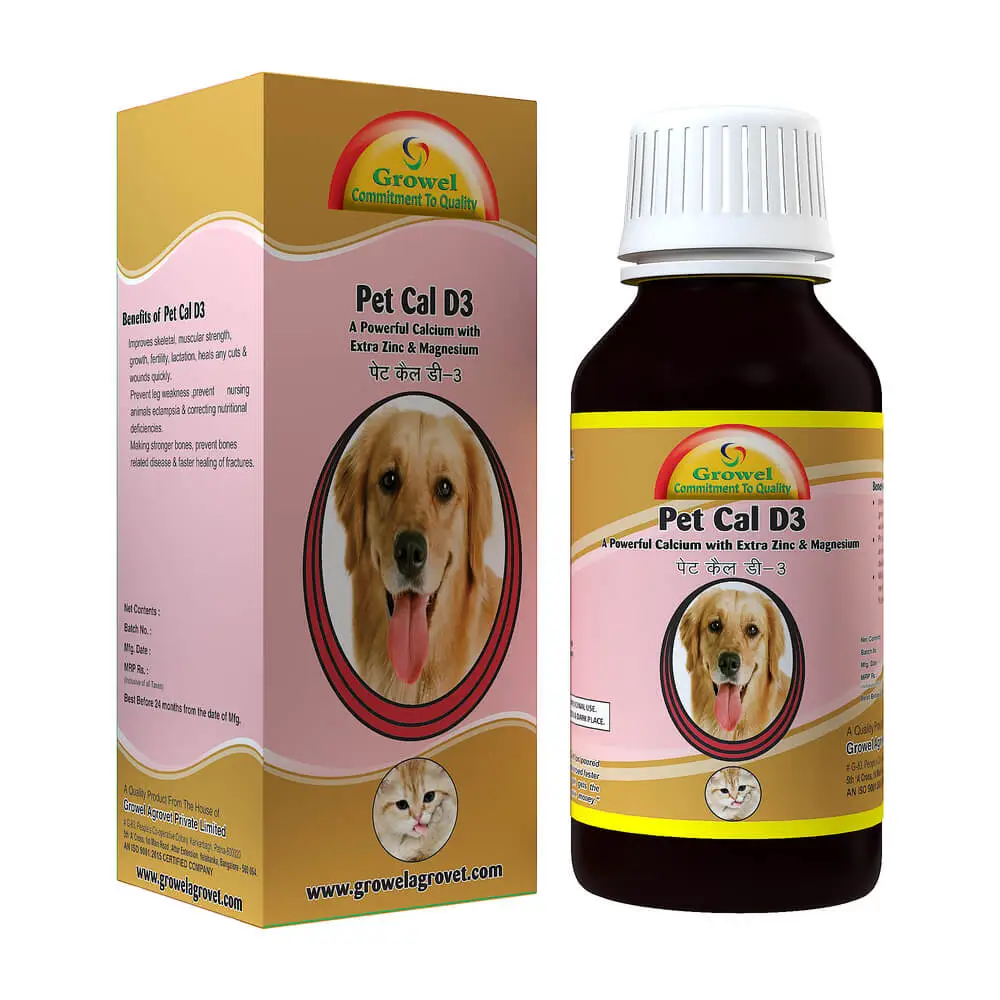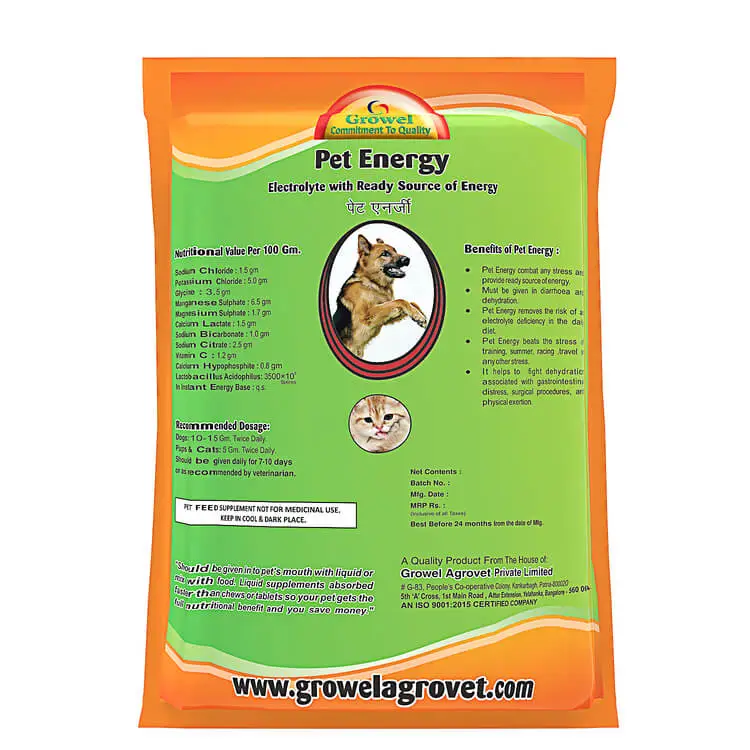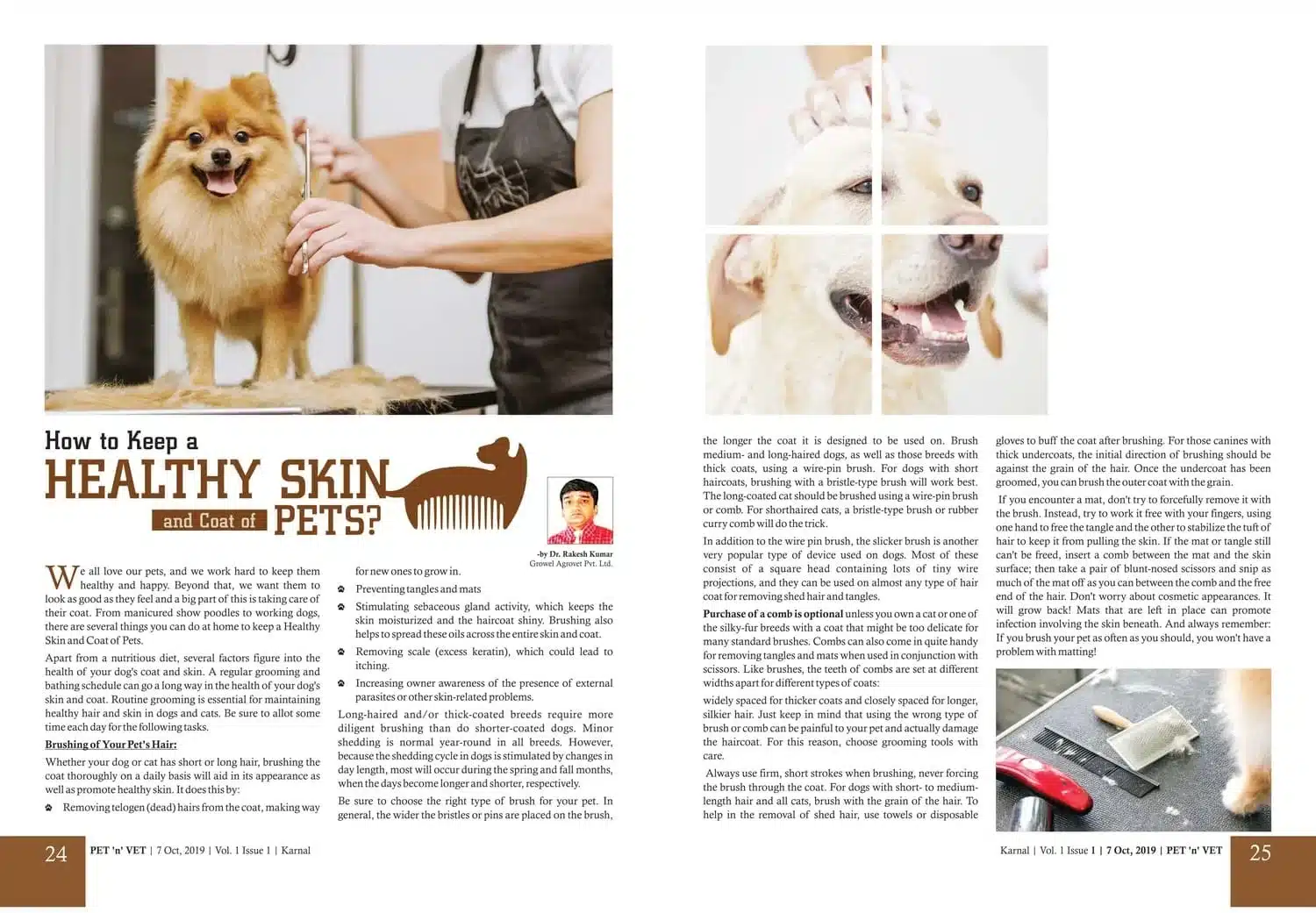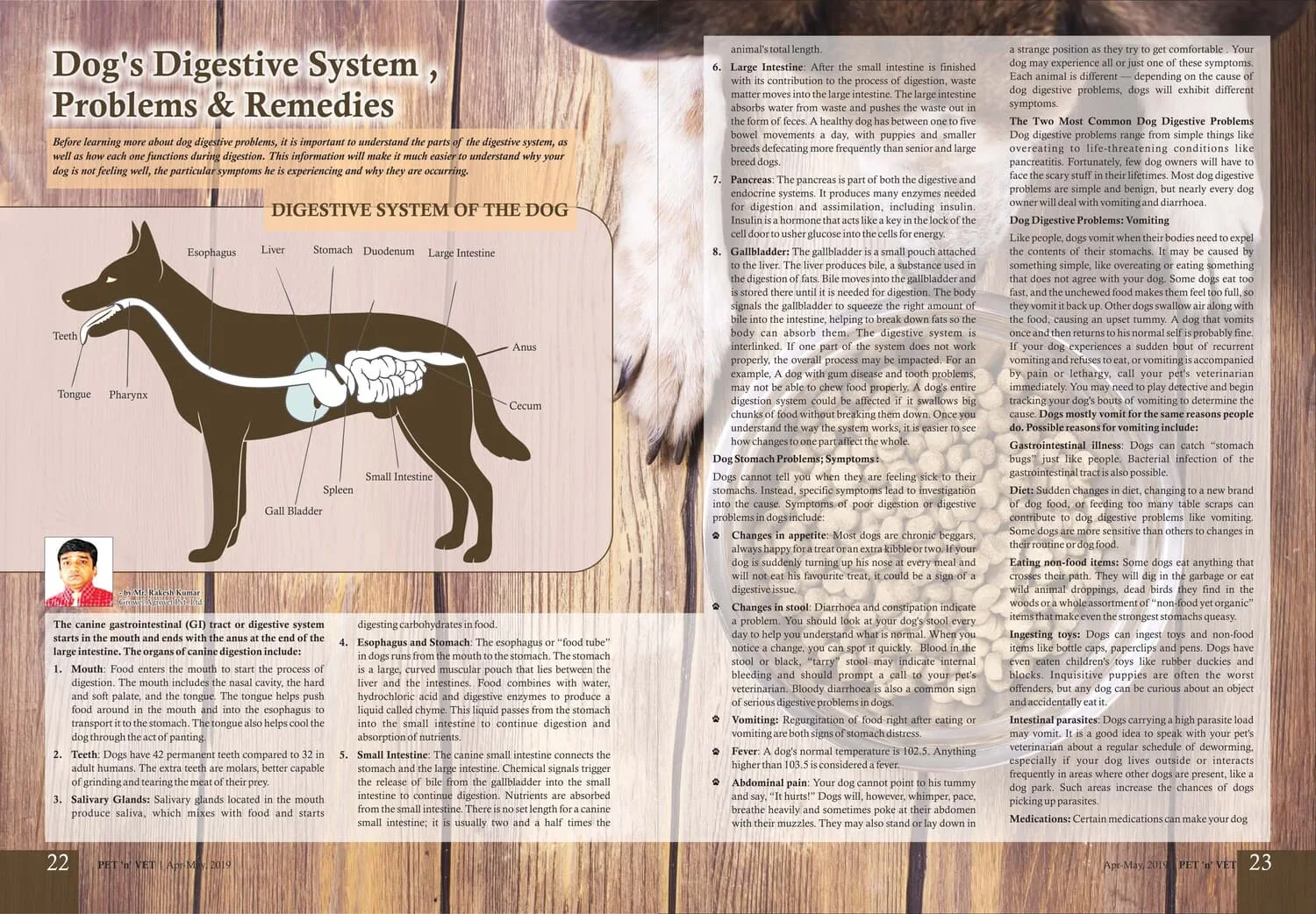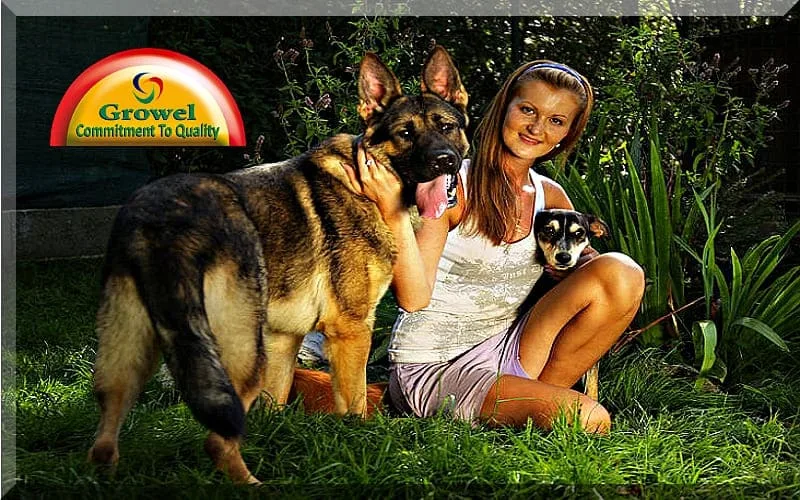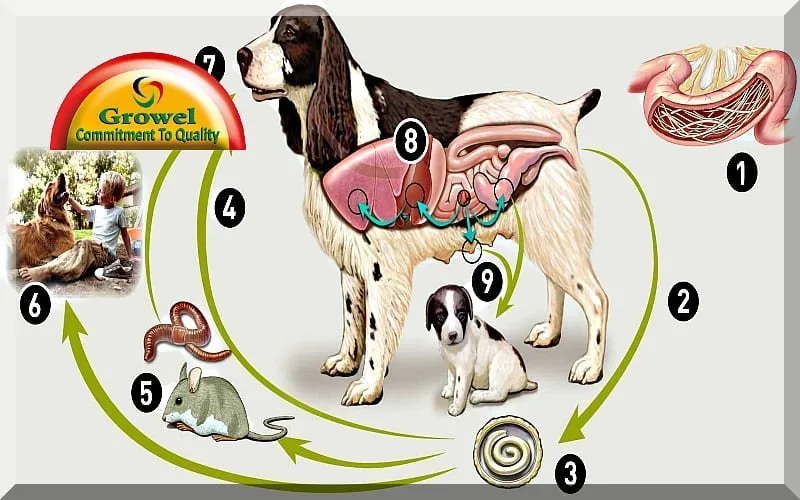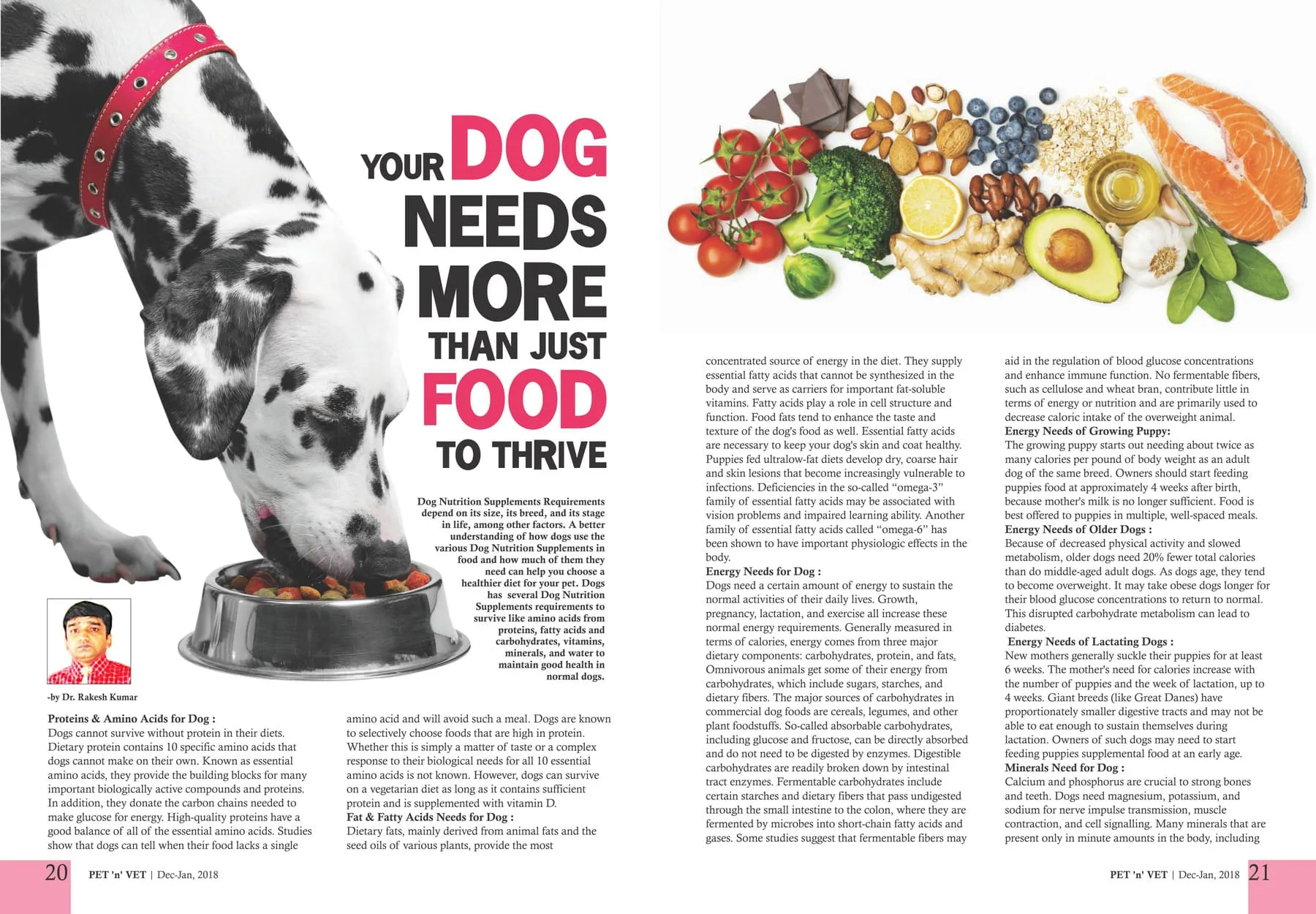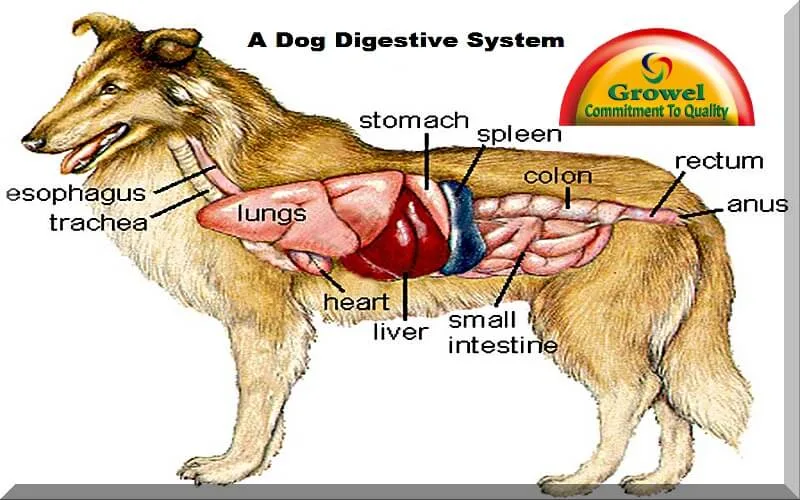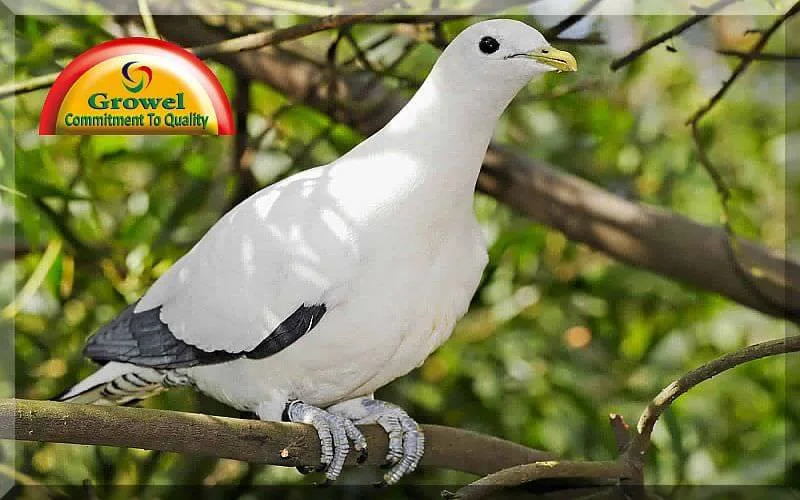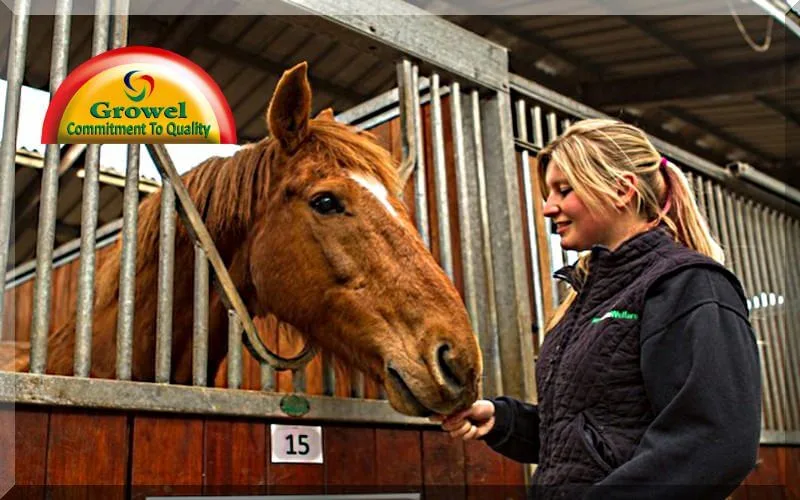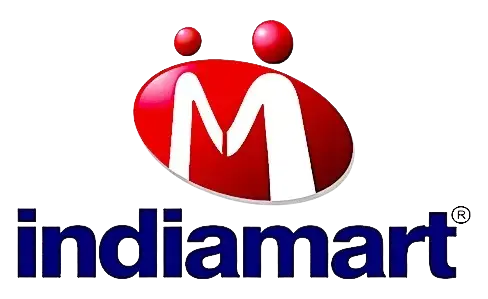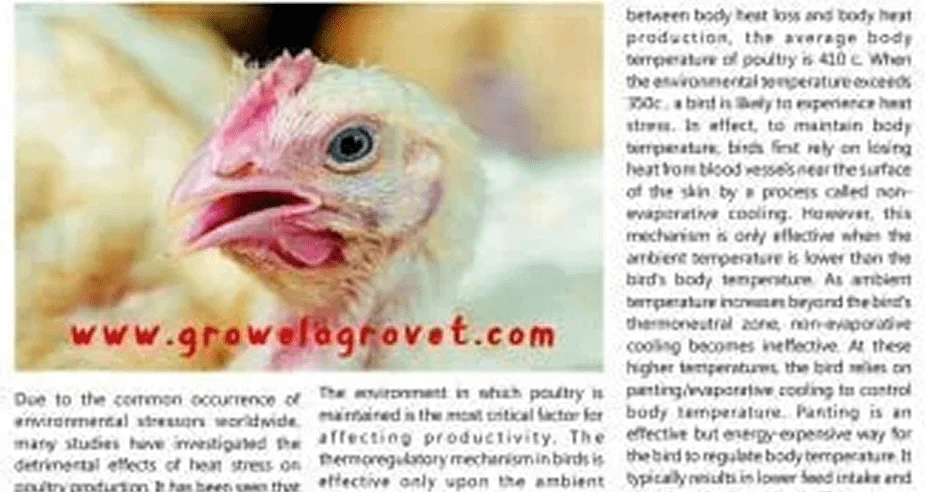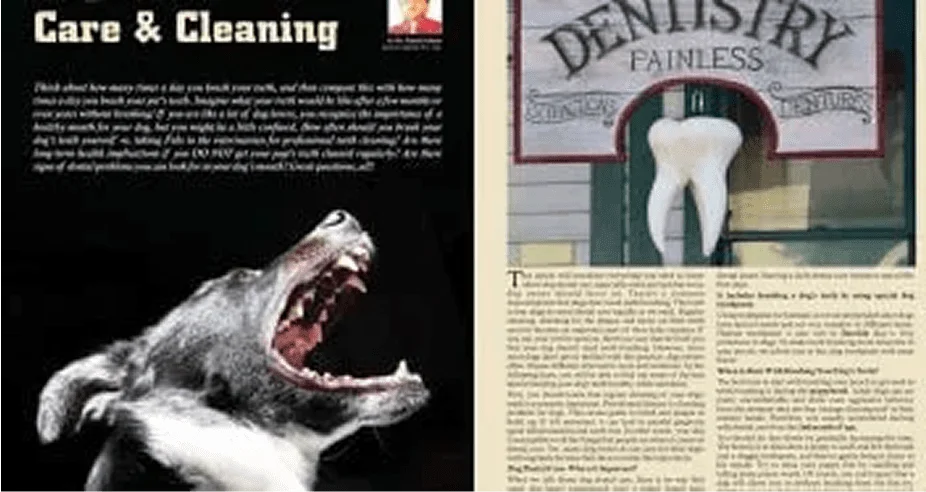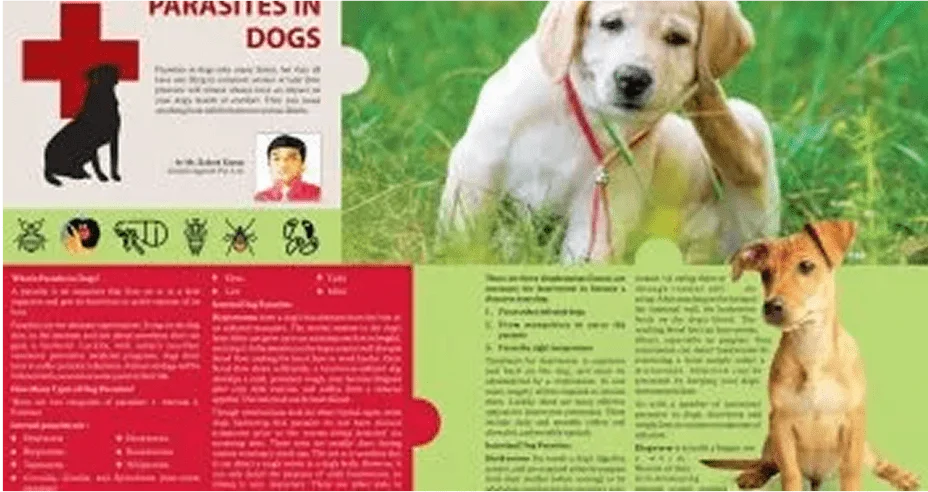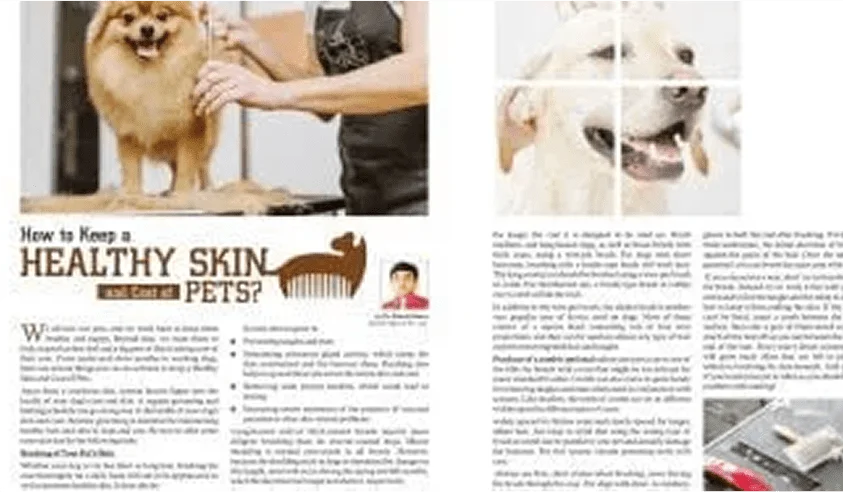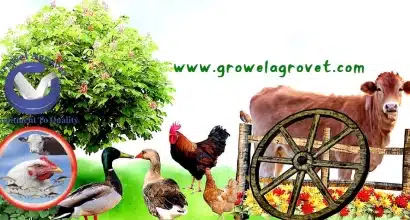 Dog Nutrition Supplements Requirements depend on its size, its breed, and its stage in life, among other factors. A better understanding of how dogs use the various Dog Nutrition Supplements in food and how much of them they need can help you choose a healthier diet for your pet.Dogs has several Dog Nutrition Supplements requirements to survive like amino acids from proteins, fatty acids and carbohydrates, vitamins, minerals, and water to maintain good health in normal dogs.
Dog Nutrition Supplements Requirements depend on its size, its breed, and its stage in life, among other factors. A better understanding of how dogs use the various Dog Nutrition Supplements in food and how much of them they need can help you choose a healthier diet for your pet.Dogs has several Dog Nutrition Supplements requirements to survive like amino acids from proteins, fatty acids and carbohydrates, vitamins, minerals, and water to maintain good health in normal dogs.
Proteins & Amino Acids for Dog :
Dogs cannot survive without protein in their diets. Dietary protein contains 10 specific amino acids that dogs cannot make on their own. Known as essential amino acids, they provide the building blocks for many important biologically active compounds and proteins. In addition, they donate the carbon chains needed to make glucose for energy. High-quality proteins have a good balance of all of the essential amino acids. Studies show that dogs can tell when their food lacks a single amino acid and will avoid such a meal. Dogs are known to selectively choose foods that are high in protein. Whether this is simply a matter of taste or a complex response to their biological needs for all 10 essential amino acids is not known. However, dogs can survive on a vegetarian diet as long as it contains sufficient protein and is supplemented with vitamin D.
Pet Booster is known as a high quality amino acid (proteins supplement) for dog.Pet Booster is a blends of 46 Amino Acids, Vitamins & Minerals an unique dog nutrition supplements.
Fat & Fatty Acids Needs for Dog :
Dietary fats, mainly derived from animal fats and the seed oils of various plants, provide the most concentrated source of energy in the diet. They supply essential fatty acids that cannot be synthesized in the body and serve as carriers for important fat-soluble vitamins. Fatty acids play a role in cell structure and function. Food fats tend to enhance the taste and texture of the dog’s food as well. Essential fatty acids are necessary to keep your dog’s skin and coat healthy. Puppies fed ultralow-fat diets develop dry, coarse hair and skin lesions that become increasingly vulnerable to infections. Deficiencies in the so-called “omega-3” family of essential fatty acids may be associated with vision problems and impaired learning ability. Another family of essential fatty acids called “omega-6” has been shown to have important physiologic effects in the body.
Energy Needs for Dog :
Dogs need a certain amount of energy to sustain the normal activities of their daily lives. Growth, pregnancy, lactation, and exercise all increase these normal energy requirements. Generally measured in terms of calories, energy comes from three major dietary components: carbohydrates, protein, and fats. Omnivorous animals get some of their energy from carbohydrates, which include sugars, starches, and dietary fibers. The major sources of carbohydrates in commercial dog foods are cereals, legumes, and other plant foodstuffs. So-called absorbable carbohydrates, including glucose and fructose, can be directly absorbed and do not need to be digested by enzymes. Digestible carbohydrates are readily broken down by intestinal tract enzymes. Fermentable carbohydrates include certain starches and dietary fibers that pass undigested through the small intestine to the colon, where they are fermented by microbes into short-chain fatty acids and gases. Some studies suggest that fermentable fibers may aid in the regulation of blood glucose concentrations and enhance immune function. No fermentable fibers, such as cellulose and wheat bran, contribute little in terms of energy or nutrition and are primarily used to decrease caloric intake of the overweight animal.
Energy Needs of Growing Puppy:
The growing puppy starts out needing about twice as many calories per pound of body weight as an adult dog of the same breed. Owners should start feeding puppies food at approximately 4 weeks after birth, because mother’s milk is no longer sufficient. Food is best offered to puppies in multiple, well-spaced meals.For growing puppy you should feed Pet Booster,this the best dog nutrition supplements.
Energy Needs of Older Dogs :
Because of decreased physical activity and slowed metabolism, older dogs need 20% fewer total calories than do middle-aged adult dogs. As dogs age, they tend to become overweight. It may take obese dogs longer for their blood glucose concentrations to return to normal. This disrupted carbohydrate metabolism can lead to diabetes. For good quality dog nutrition supplements for instant energy we can feed Pet Energy to our dogs .
Energy Needs of Lactating Dogs :
New mothers generally suckle their puppies for at least 6 weeks. The mother’s need for calories increase with the number of puppies and the week of lactation, up to 4 weeks. Giant breeds (like Great Danes) have proportionately smaller digestive tracts and may not be able to eat enough to sustain themselves during lactation. Owners of such dogs may need to start feeding puppies supplemental food at an early age. For lactating multi -vitamins must be given i.e. Petvit Power .
Minerals Need for Dog :
Calcium and phosphorus are crucial to strong bones and teeth. Dogs need magnesium, potassium, and sodium for nerve impulse transmission, muscle contraction, and cell signaling. Many minerals that are present only in minute amounts in the body, including selenium, copper, and molybdenum, act as helpers in a wide variety of enzymatic reactions.
Dogs can get too much or too little of a specific mineral in their diets. A deficiency of dietary calcium, for instance, causes a condition known as secondary hyperparathyroidism. Recognized clinically for many years in dogs fed meals consisting mainly of meat, this disease results in major bone loss, skeletal abnormalities, and pathological fractures. An excess of calcium, on the other hand, may also cause skeletal abnormalities, especially in growing large-breed puppies. To fulfil minerals and calcium requirements for a dog we can feed them Pet Cal D3 & Chelated Petomin Plus
Vitamins Requirements for Dog :
Vitamins are among one of the most important dog nutrition supplements for a dog. Vitamins are organic compounds that take part in a wide range of metabolic activities. Dogs require vitamins in their food, albeit at low concentrations. First noticed in dogs some 75 years ago, vitamin deficiencies can cause a variety of health problems. Clinical signs of vitamin A deficiency, one of the first deficiencies studied in dogs, include motor and vision impairment, skin lesions, respiratory ailments, and increased susceptibility to infections. Dogs fed diets lacking vitamin E show signs of skeletal muscle breakdown, reproductive failure, and retinal degeneration. Thiamin deficiency can lead to brain lesions and other neurological abnormalities if the deprivation is sudden and to heart damage and death if it is chronic. Some vitamins, such as vitamin D, are not only essential in small doses, but also toxic in excess amounts. Petvit Power is known a very good quality of multi-vitamin dog nutrition supplements.
Feeding Practice of a Dog ,FAQ:
Q: Does my dog need to eat meat?
A: Because dogs are descended from omnivores, they are not strict meat eaters. They are remarkably adaptable to a wide range of ingredients, texture, and form in terms of what they will eat. Though many dogs may prefer animal-based protein, they can thrive on a vegetarian diet. Regardless of whether the protein comes from plant or animal sources, normal adult dogs should get at least 10% of their total calories from protein. Older dogs appear to require somewhat more protein to maintain their protein reserves, perhaps as much as 50% more.
Q: How much fiber is good for my dog?
A: Fiber in the diet is probably good for overall gastrointestinal health and may help some dogs keep their weight down. The typical diet of normal adult dogs contains between 2.5 and 4.5% fiber. However, the fiber content of some “diet” dog foods may be higher. This may allow the dog to feel full without consuming too many calories for effective weight control. Diets high in fiber also may help in the management of hyperglycemia (high blood sugar), and may improve large intestine function.
On the other hand, too much fiber in the diet can decrease the digestibility of other important nutrients and result in loose stools, frequent defecation, and reduced palatability of the dog food. Wheat bran and barley products are high in fiber. Conversely, dog food ingredients high in starch, including rice and dried potatoes,have less fiber.
Q: How often should I feed my dog?
A: Dogs eat larger, less frequent meals than do cats. It is fine to feed an adult dog one or two times per day. Puppies, however, need two to three daily meals.
Q: How can I help my overweight dog trim down?
A: The most obvious answer is to feed your dog smaller amounts on the same feeding schedule. Some dog owners offer less tasty food or allow less time to eat. Another option is to feed your dog one of the low-calorie dog foods on the market. It’s also important to remember to keep your dog from sampling the dog-next-door’s food and to refrain from giving your dog table scraps.
Q: How do heat and exercise affect the amount of water my dog needs?
A: Fresh water should be available to your dog at all times to reduce the risk of becoming overheated. A dog’s need for water increases in keeping with the amount of energy he expends during exercise, and this need may more than double in warm conditions. Ideally, you should actively offer your dog water during exercise.You should also read How to Treat Digestive Problem in Dogs ?
You should join our Facebook group Dog & Pet Healthcare to get a regular updates for your dog & pet’ healthcare guidance .
Nutritional Value: Each 100 ml contains : Histidine: 105 mg Arginine: 156.6 mg VITAMINS: Vitamin A: 280000 IU Vitamin D 3: 58000 IU Vitamin E: 427.5 mg Vitamin K 3: 28.7 mg Vitamin B 6: 212 mg Vitamin B 2: 417.5 mg Vitamin B 1: 375.5 mg Pantothenic Acid: 1530 mg Vitamin B 12: 1.5 mg Choline: 49.8 mg Biotin: 0.2 mg Folic Acid: 0.2 mg Niacin Amide: 1066.7 mg Vitamin C: 627.5 mg Inositol: 0.2 mg AMINO ACIDS Methionine: 785.5 mg Lysine: 399.6 mg Histidine: 105 mg Arginine: 156.6 mg Aspartic Acid: 805.5 mg Threonine: 304.3 mg Serine: 317.5 mg Glutamic Acid: 478 mg Proline: 96.1 mg Glycine: 712.5 mg Alanine: 235.2 mg Cystine: 99.5 mg Valine: 215.9 mg Leucine: 355.6 mg Isoleucine: 225.5 mg Tyrosine: 295.3 mg Phenylalanine: 211.3 mg Tryptophan: 54.8 mg Lactic acid bacillus: 5526555 cfu Yeast Extract: 600 mg TRACE MINERALS: Sodium Chloride: 153.8 mg Manganese Sulphate: 124.9 mg Magnesium Sulphate: 65.7 mg Sodium Bicarbonate: 124.5 mg Calcium Hypophosphite: 40.9 mg Copper Sulphate: 150 mg Potassium Chloride: 101.5 mg Selenium: 50.2 mg Sodium Citrate: 161 mg Benefits of Pet Booster:
Recommended Dosages: Dogs: 10 ml , Twice Daily. Pups & Cats: 5 ml , Twice Daily. Should be given daily for 7-10 days or as recommended by veterinarian. Packaging : 100 m.l. & 200 m.l. | Nutritional Value: Each 100 ml contains MHA : 26 gm Choline Chloride : 13 gm Lysine Hydro Chloride : 13 gm Sodium : 90 mg Phosphorus : 31 mg Magnesium : 119 mg Zinc : 44 mg Ferrous (Iron) : 45 mg Copper : 32 mg Cobalt : 42 mg Manganese : 77 mg Benefits of Chelated Petomin Plus :
Recommended Dosages: Dogs: 10-15 ml , Twice Daily. Pups & Cats: 5 ml , Twice Daily. Should be given daily for 7-10 days or as recommended by veterinarian. Packaging : 100 m.l. & 200 m.l. |
